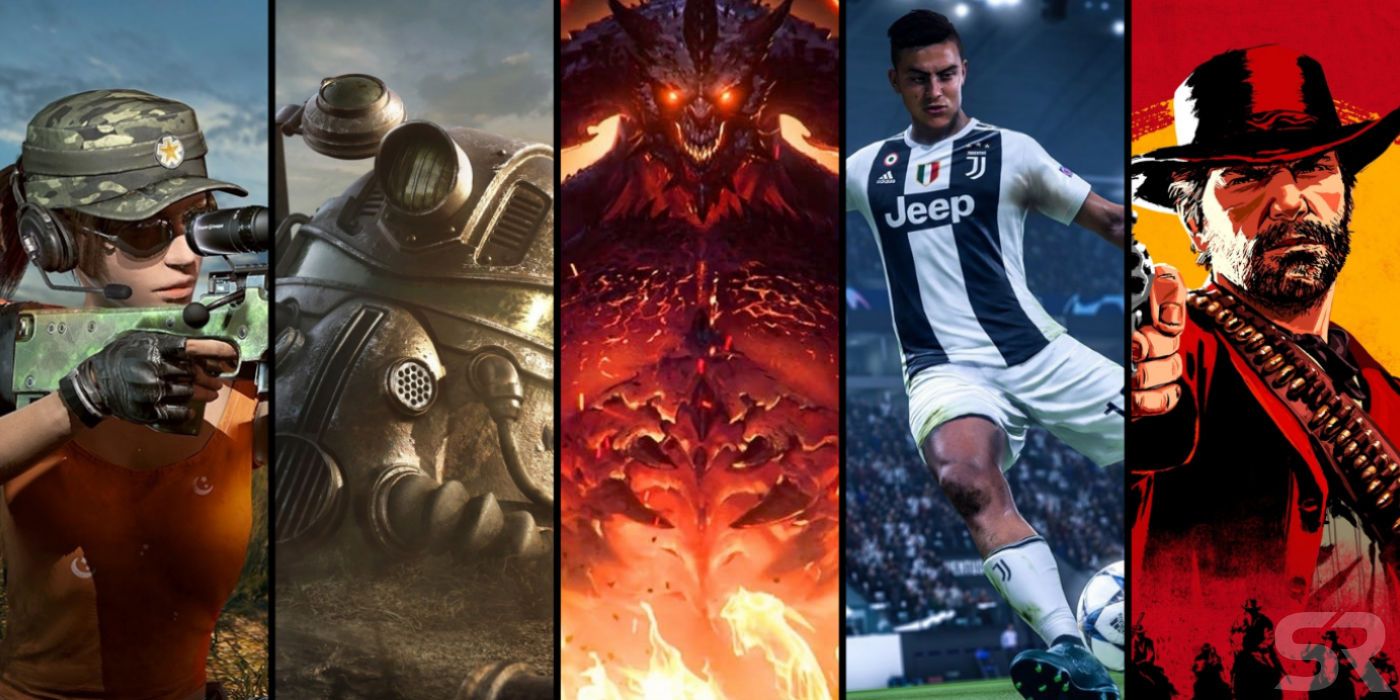
Video game publishers should have been on their best behavior in 2018, following a previous year that required some embarrassing apologies from game developrs following numerous failures in the eyes of the community. However, 2018 brought with it its own set of pitfalls, and, at several times throughout the year, video game fans have made their feelings clear on the actions of some of the biggest names in the industry.
The issue of loot boxes has returned once more, with plenty of companies failing to heed the anger of players or even anti-loot box legislation passed by countries. Meanwhile, the return of some of the most beloved intellectual properties has failed to meet the expectations set of them, leading to plenty of disappointment from gamers.
Related: The Best Co-op Game of 2018
So, read on to see the worst moments of video game publishers in 2018, from negative reactions to game announcements through to backlash over business decisions. Hopefully, these are things that the culprits will learn from in future.
- This Page: Diablo Immortal, PUBG, & FIFA
- Page 2: Red Dead Redemption 2, PS Classic, Shadow of War, & Metal Gear Survive
- Page 3: Valve, Square Enix, & Fallout 76
Blizzard's Diablo Immortal Announcement Will Last Forever
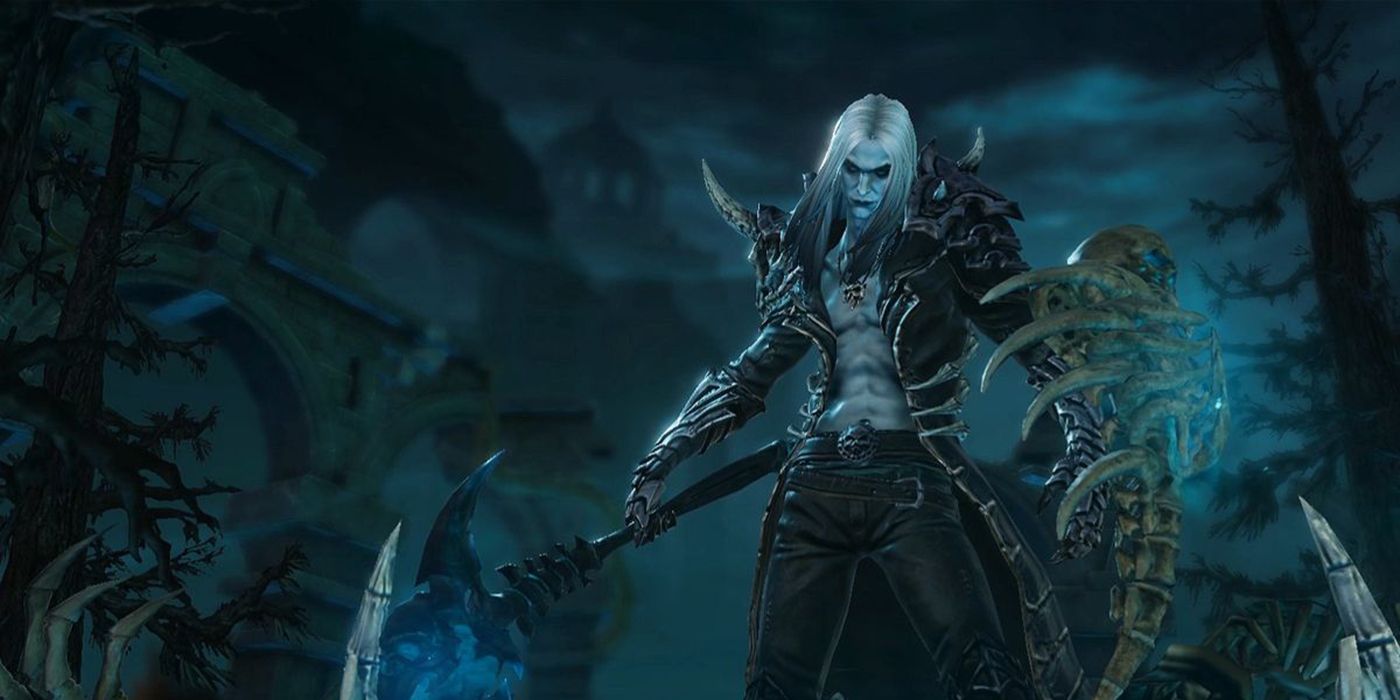
Fans of the Diablo series have been waiting a long time for a new game, but Diablo Immortal was not what they were hoping for. A mobile-only spinoff of the action RPG franchise, gamers were aghast when the title was revealed earlier this year, dreading the potential for dodgy microtransactions and fearing a move away from the PC focus that Diablo had always maintained.
The method that Blizzard used to announce Diablo Immortal was certainly a big part of the problem. Blizzard waited until BlizzCon, a convention for the most dedicated of its fans, to unveil the title, while giving no mention of Diablo 4 in spite of conversations being held about the possibility of revealing the game. The offhand treatment of an angry player base intensified matters too, leaving lots of Diablo fans furious with Activision Blizzard.
Related: BlizzCon 2018's Diablo Immortal Announcement Fiasco: Our Thoughts
This led to a pretty damaging reaction for Activision Blizzard, including a huge amount of dislikes for Diablo Immortal's trailers and even a significant share price drop. Activision Blizzard will need to bear this in mind for future announcements, and the publisher may well be rethinking its strategy for those other mobile games it has in the pipeline.
PUBG Corporation's Legal Fight Is Hardly A Battle Royale
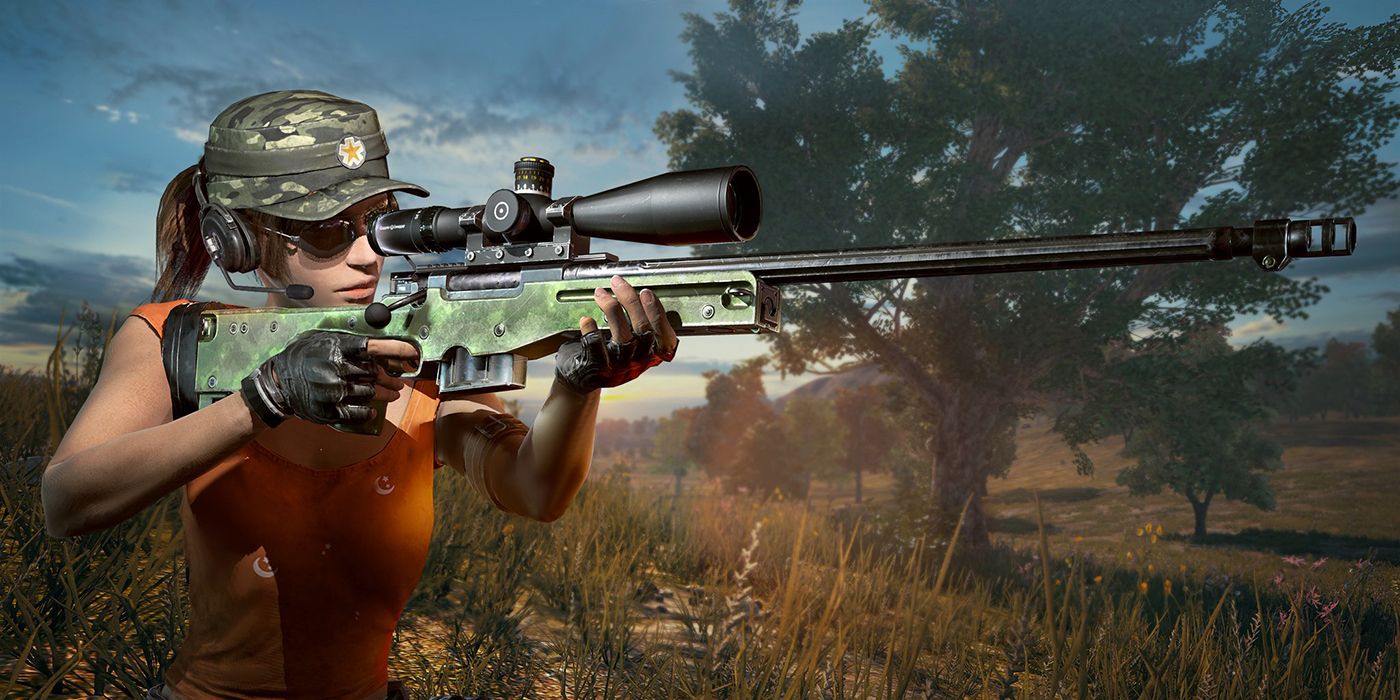
In some ways, the frustrations of PUBG Corporation and Bluehole are easy to understand. PlayerUnknown's Battlegrounds in no way invented the battle royale genre, but it was the first to really resonate with players, hitting some major sales milestones along the way. However, in spite of its large player base, PlayerUnknown's Battlegrounds has since been knocked out of the park by Fortnite.
The response to the success of Fortnite, however, has left many scratching their heads. Bluehole decided that the best course of action was to sue Epic Games over Fortnite, before promptly dropping the suit. It left the publisher as something to mock for many, both over its vicious reaction to a competitor and over the idea that PUBG could lay claim to the genre as a whole.
Although the matter was resolved, it was yet another example of erratic behavior from the PUBG camp, as seen by its reaction to Battlefield V's battle royale mode. Unfortunately, this short and sweet Epic Games suit leaves PlayerUnknown's Battlegrounds as a game with a history among the strangest and most controversial video game lawsuits.
EA Promises And Fails To Deliver With Loot Boxes
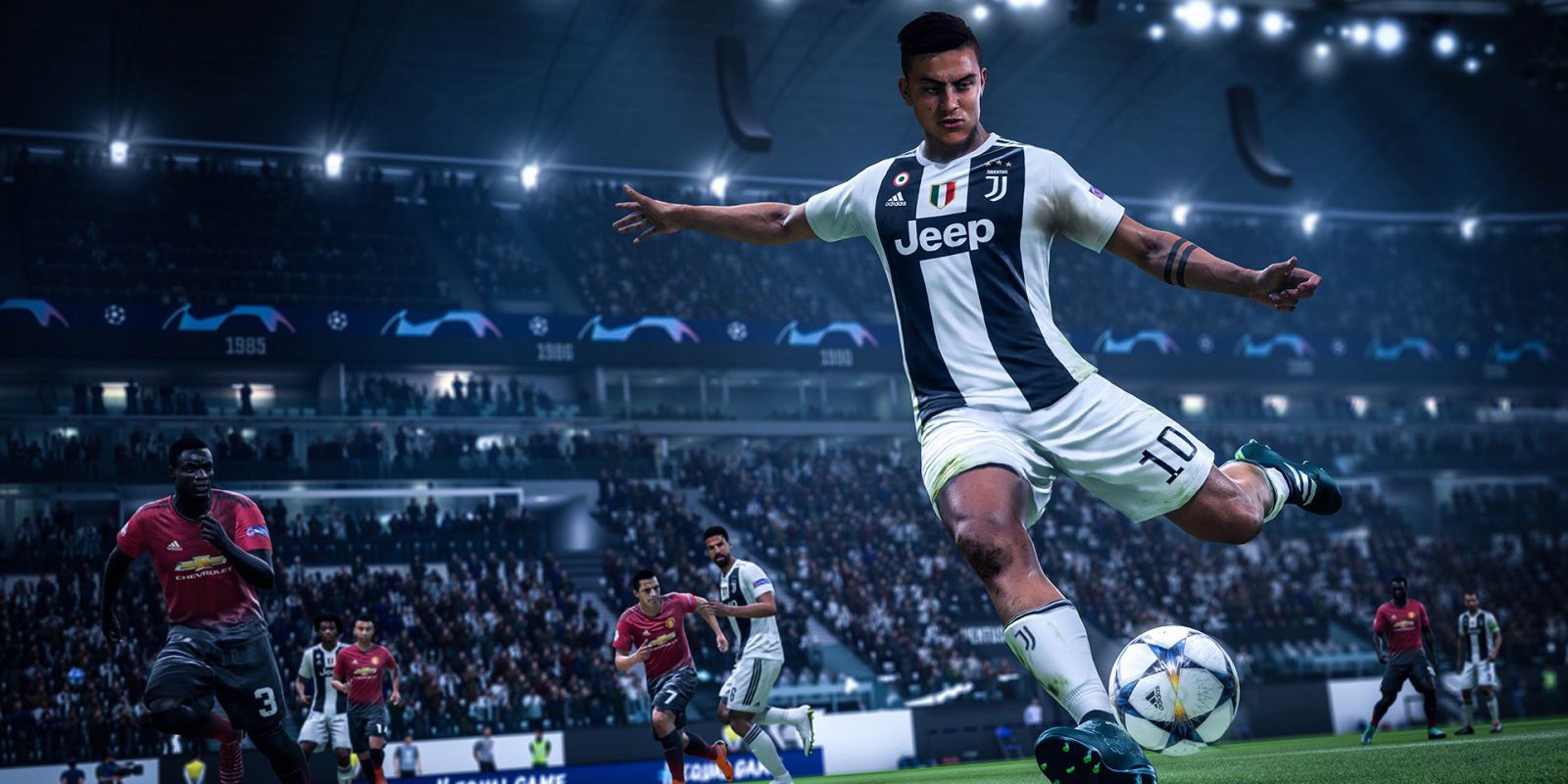
EA needed to have a good year after the savage mauling it received at the hands of fans in 2017. Games such as Star Wars: Battlefront II had been at the front of the video game loot boxes debate, which saw publishers such as EA come under fire for bad business models and potentially even using mechanics akin to gambling in their games. In the end, EA promised to do better with its future releases, and as such would come under a lot of scrutiny.
Although EA would keep to their word with Battlefield V, other titles released by the publisher still kept in these loot box microtransactions. The EA Sports line was rife with them when it came to the hugely popular Ultimate Team game modes, including in FIFA 19 and UFC 3, while mobile strategy spin-off Command & Conquer: Rivals is plagued by microtransactions - including loot boxes.
The debate over loot boxes may have died down a little since last year, but it's an issue that is unlikely to be acceptable any time soon. A spike in child gambling issues has seen the UK Gambling Commission suggest that loot boxes are part of the problem, while government scrutiny sees loot boxes banned by certain countries. When it comes to EA, the publisher is fighting back against Belgium's ban of loot boxes, so it appears as though the company is keen to keep this controversial business model within reach.
Page 2 of 3: Red Dead Redemption 2, PS Classic, Shadow of War, & Metal Gear Survive
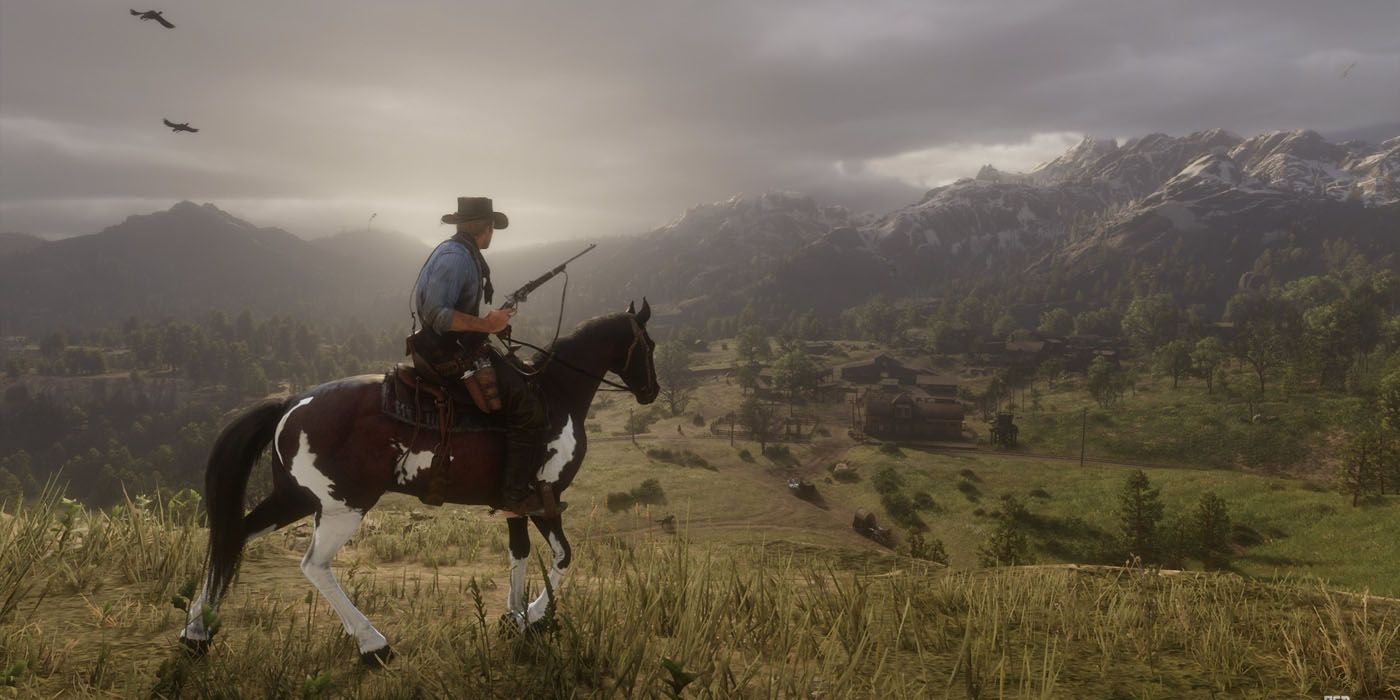
Rockstar Games Doesn't Outlaw Extreme Working Hours
Red Dead Redemption 2 arrived earlier this year to a sea of praise, with gamers and critics falling in love with its deep open world and cast of characters. However, things weren't entirely smooth sailing for Take-Two subsidiary Rockstar Games, particularly after Rockstar's Dan Houser revealed that certain members of the team had been working 100-hour weeks to ensure Red Dead Redemption 2 saw completion.
Crunch has been a contentious topic in gaming as more light is shed on unhealthy working conditions within the industry, and this casual reveal once again sparked discussion, with some wondering whether realistic horse testicles were really worth pushing developers far beyond safe boundaries from both a physical and mental health perspective.
Houser would attempt to clarify the situation by explaining that he was specifically talking about the senior team, and that across Rockstar such overtime was optional, but the community was still a little skeptical. This was especially true after an anonymous insider revealed that strenuous overtime at Rockstar was not optional, and more eyes will be on Rockstar going forward.
Sony Does The Bare Minimum With The PlayStation Classic
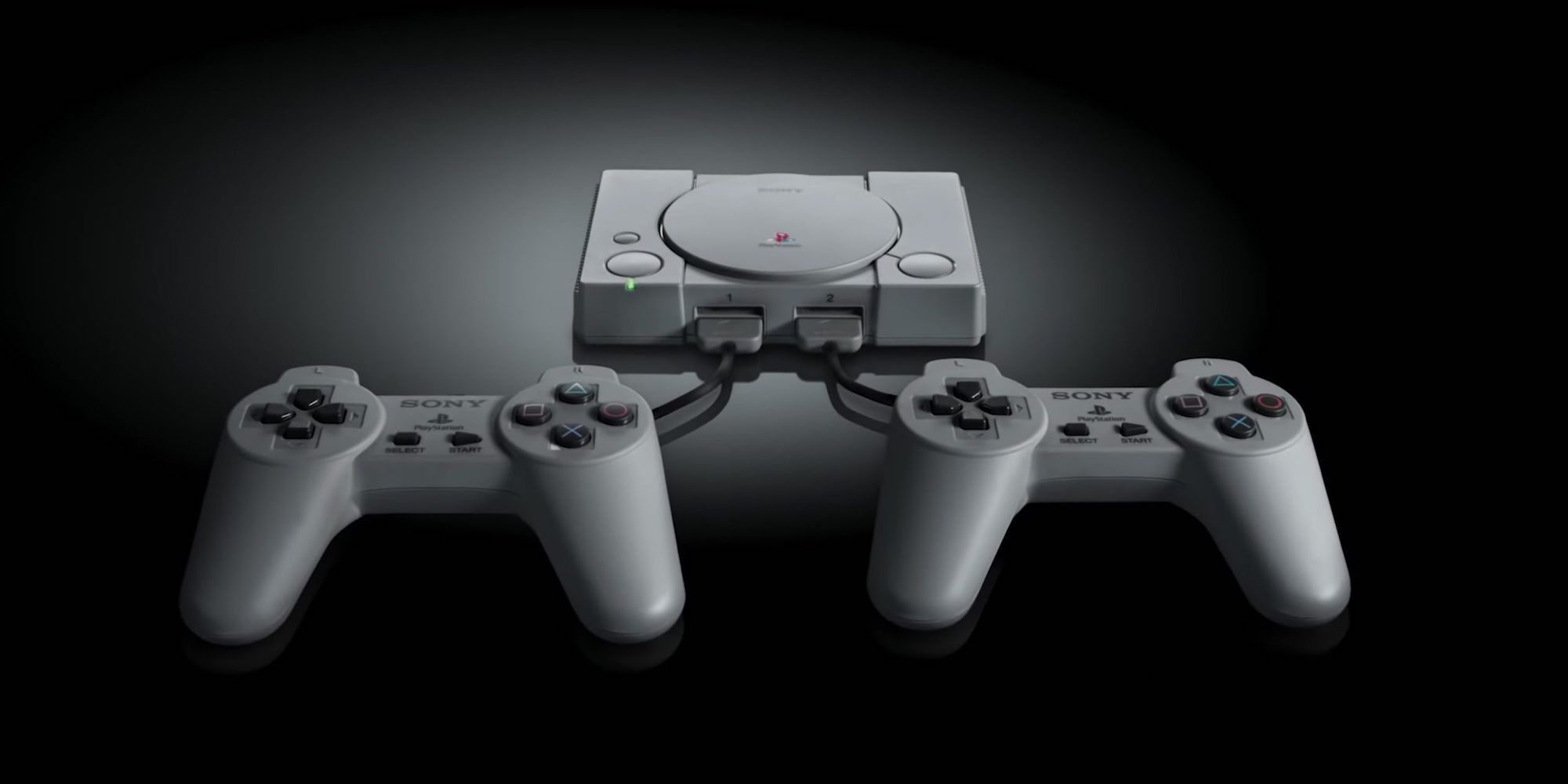
A lot was expected of Sony's PlayStation Classic. Following on from the success of Nintendo's own retro consoles, the prospect of a miniature PlayStation pre-loaded with the best games that the console had to offer was mouthwatering for some. After all, the original PlayStation had an amazing library of games, and as such this should have been like shooting fish in a barrel for Sony.
However, before too long alarm bells were ringing. The PlayStation Classic's full game list had plenty of would-be buyers rethinking their purchase, with some big name games missing from the roster. Meanwhile, the fact that the PlayStation Classic was using an open source emulator suggested what many feared: Sony wasn't putting its all into the retro box.
When the PlayStation Classic finally arrived, the critic reviews were underwhelming. A reliance on the PAL versions of the game left NTSC users dealing with what seemed to be sluggish ports, while the absence of titles like Crash Bandicoot was made all the more apparent at launch. Hardly a fitting celebration for such a great console.
WB's Shadow of War Non-Apology
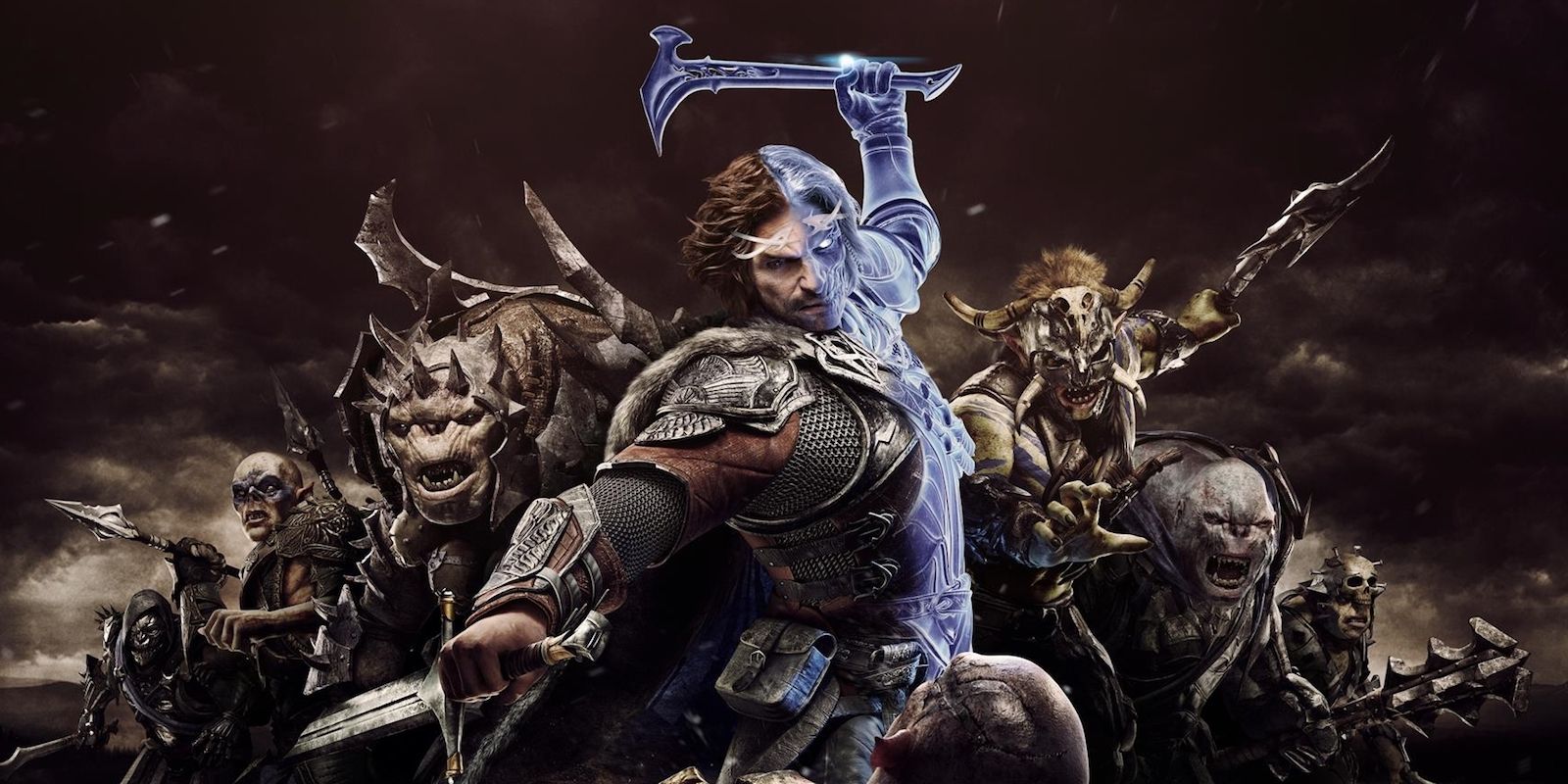
Warner Bros. Interactive was perhaps feeling a little relieved that EA caught the most flack for loot boxes in 2017. After all, Middle-Earth: Shadow of War was also rife with loot boxes and subpar microtransactions, and although the game certainly was criticized for it, Star Wars: Battlefront 2 was the title that represented the business model in the eyes of many.
However, eventually Shadow of War did have to stop with the loot boxes and remove them altogether. The manner in which this was done, though, left the game's players feeling unimpressed with developer Monolith and publisher Warner Bros. Interactive. In the post explaining the decision to remove the microtransactions, Monolith essentially explained that loot boxes had undermined the quality Shadow of War.
All this did was leave the gaming community telling Monolith, "I told you so." It's a criticism that had been laid at the game at launch and every day since, and so having it sold back to players without an apology didn't do much to salvage Shadow of War. As such, its legacy remains tied to a publisher that delved too greedily and too deep.
Konami Flogs a Dead Horse With Metal Gear Survive
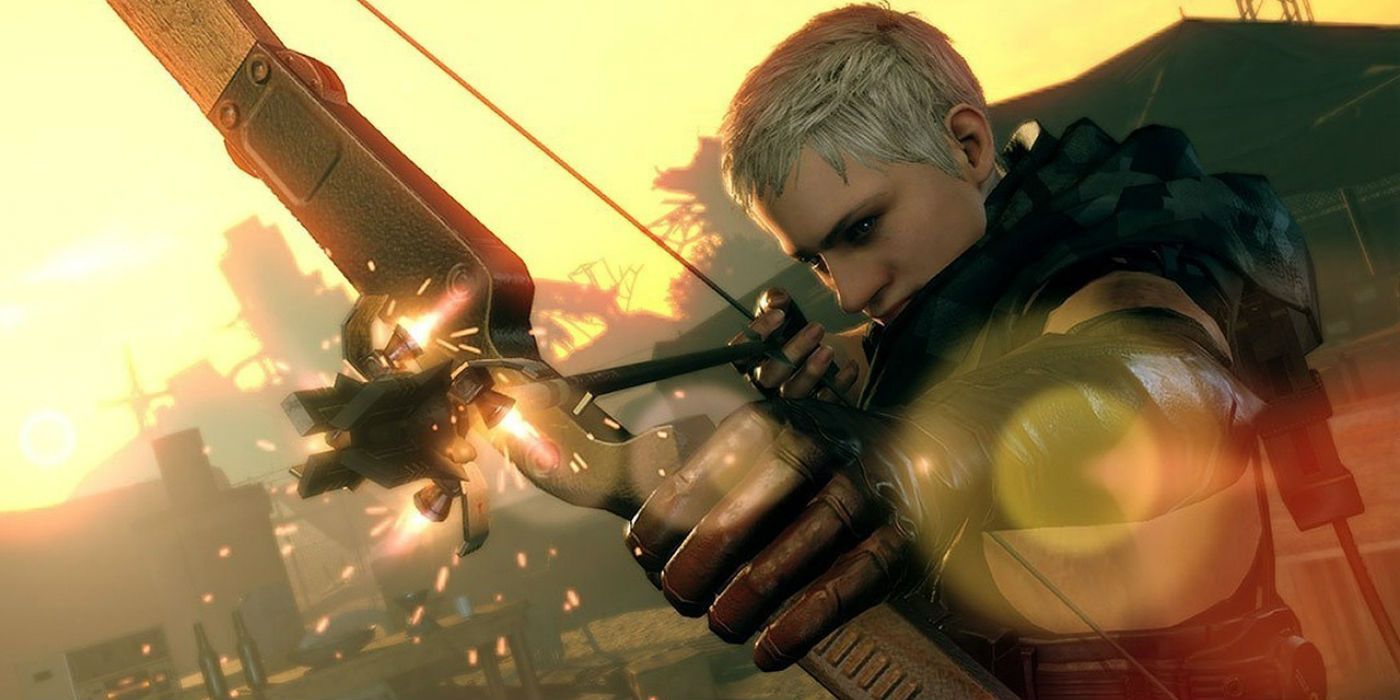
The disintegration of the relationship between Hideo Kojima and Konami was a difficult one to watch for gaming fans. It resulted in a lot of fallout, including the hugely anticipated horror title Silent Hills, while it also seemed to put a dampener on the future of the Metal Gear franchise as a whole. After all, the series was so intrinsically tied to Kojima that it seemed unlikely it could ever truly return without him.
Optimists pointed towards the Platinum-developed Metal Gear Rising: Revengeance, which grew beyond its awful name and pre-release disappointment to be a fun action-centric title. Unfortunately, Konami's first post-Kojima game in the series didn't exactly get the pulse racing when announced. Metal Gear Survive was a survival crafting game, and one that seemed a long way from what Metal Gear stood for.
At launch, fans agreed, and the game effectively disappeared with barely a whimper. Because of that, gamers have been wondering if there is even a future for Metal Gear going forwards. As one of Konami's most well-known franchises, the reaction to the game must have truly hurt.
Page 3 of 3: Valve, Square Enix, & Fallout 76
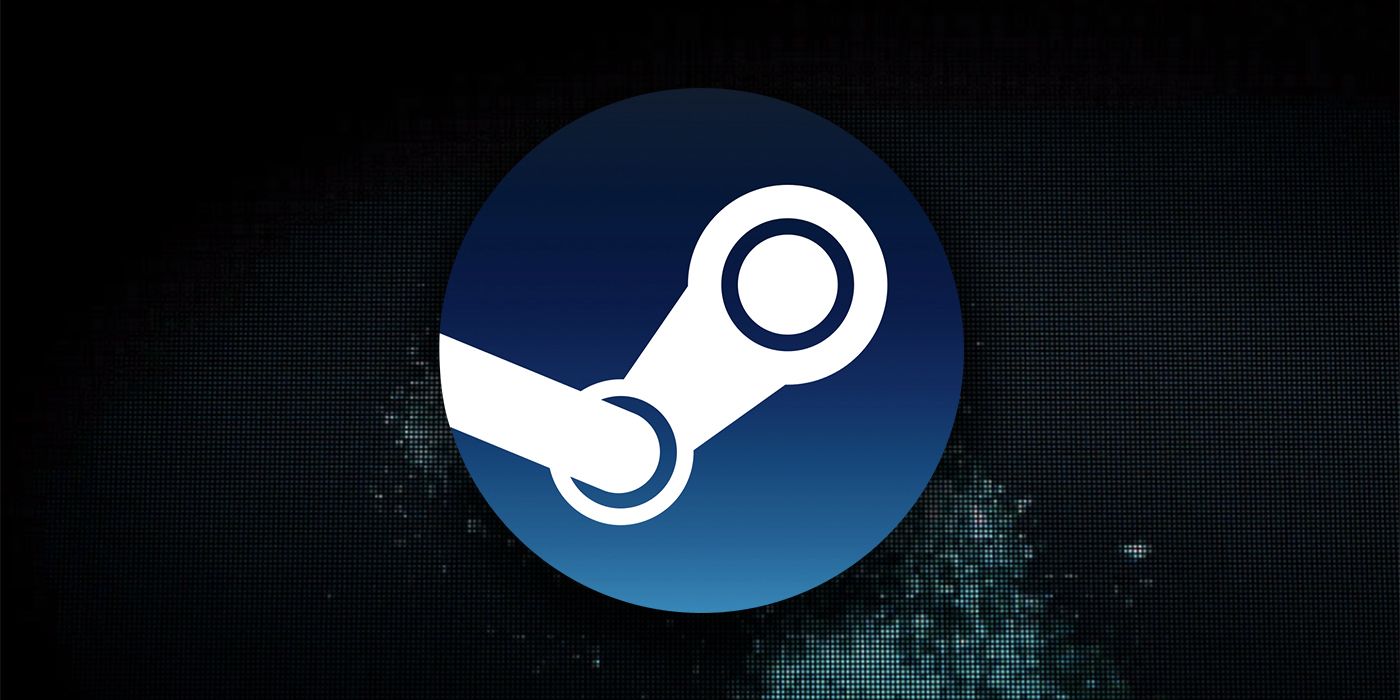
Valve's Vision Clouded With Steam
All in all, 2018 has proved to be a very strange year for for Valve. The company has spent a long time away from game development proper, but over the course of 2018 it seemed apparent that life was beginning to stir. Through the purchase of hugely talented indie studio Campo Santo and apparently a list of top secret games in development, there were hopes that Valve was going back in a direction that fans had been hoping for.
However, when it came to existing properties and the monolith that is Steam, Valve had a bit of a more difficult year. Curation on Steam had become an elephant in the room, and Valve's decision to wash its hands of any regulation didn't go over well, particularly when this was followed up by the news that the company would then indefinitely delay all adult-themed video games on the platform.
Valve didn't have an easier time with Counter-Strike: Global Offensive either. CS:GO fight saw bad press after controversy over item-trading and racism from commentators, before Valve managed to annoy the game's community by making CS:GO free-to-play at the end of the year. Given that Steam is going to face some major competition going forwards, it's clear that major change is necessary after a tumultuous year.
Square Enix Takes Center Stage For Nothing
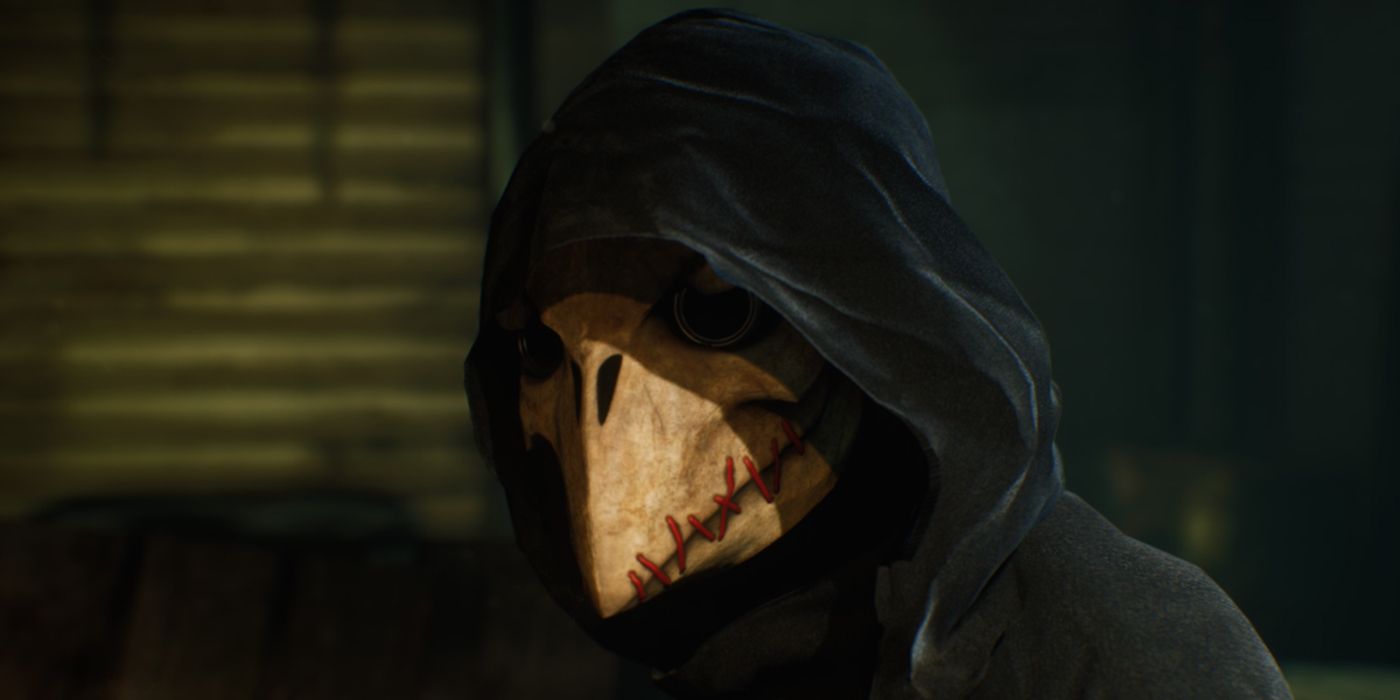
E3 2018 was full of fantastic game reveals, and as such some may have expected Square Enix to be one of the most exciting parts of the expo. After all, the publisher has a number of giant games in the pipeline, including the likes of the Final Fantasy 7 Remake. Unfortunately, Square Enix's conference was perhaps the most disappointing of E3 2018.
Quite simply, Square Enix's conference was a waste of time for everyone involved, with really nothing new to say whatsoever. Games like Just Cause 4 and Kingdom Hearts 3 had bizarre reveals before Square Enix's presentation had even taken place, while those missing E3 2018 games were very obvious in their absence. Fans of the publisher felt deflated when all was said and done, wondering whether some of the biggest projects Square Enix had in the works were in trouble.
Some of the publisher's releases towards the end of the year didn't quite live up to scratch, either. The Quiet Man was one of the surprises of E3, but the final game was abysmal, while Just Cause 4 proved to be more of the same. At least Octopath Traveler lived up to the hype.
Bethesda Hits The Big Red Button With Fallout 76
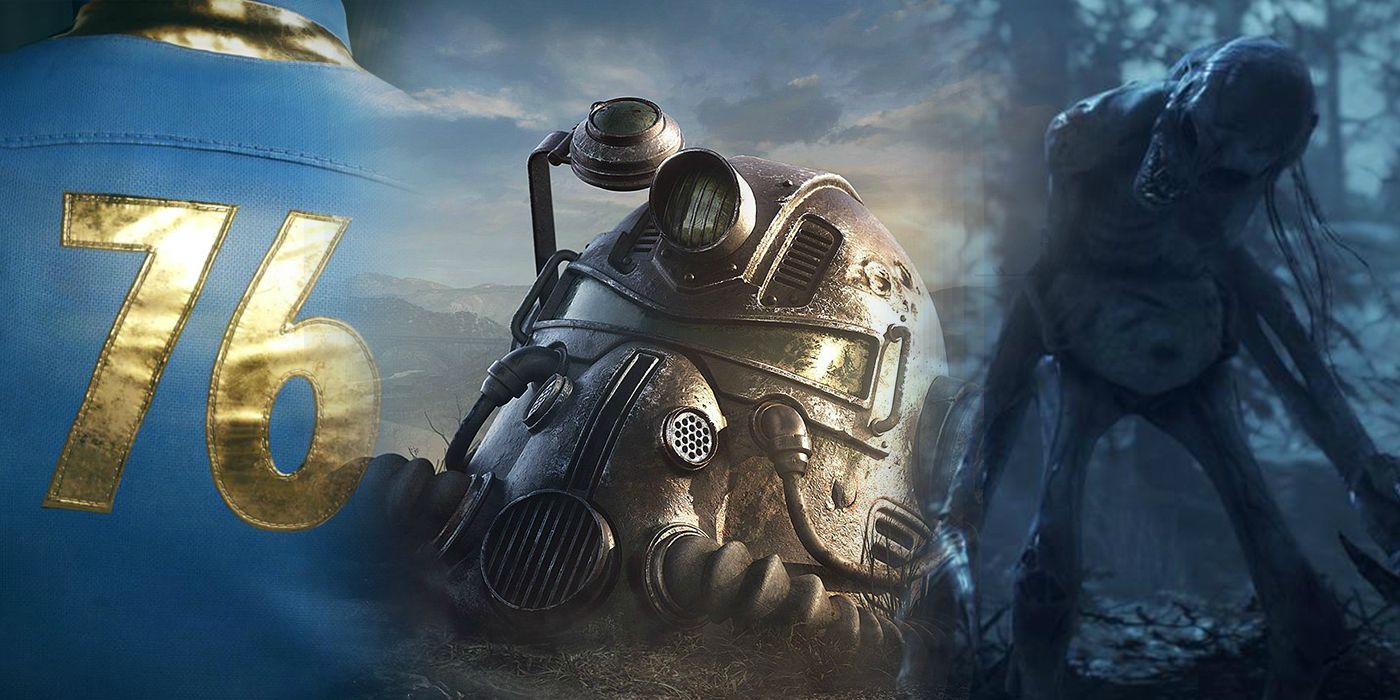
For all of the disasters that 2018 has seen, none even come close to the failure that is Fallout 76. Almost every aspect of Bethesda's multiplayer-focused Fallout game has been a catastrophe, not least the game itself. Fans of the series have been seriously let down with Fallout 76, with the game including some ridiculous bugs and glitches and earning its position as the worst-reviewed Bethesda game in over a decade.
As bad as Fallout 76 is, though, it pales in comparison to the way Bethesda handled communication over the game. Pre-order customers were disgusted by the presentation of the Power Armor edition of the game, with a canvas bag that failed to make it into the version dedicated buyers expected. Bethesda claimed it had been too expensive to make, but that didn't stop them from sending out a similar product to "influencers" for free.
All of this has been a serious problem for Bethesda. The publisher has had to issue an apology for the state of Fallout 76 and its communication, but that's unlikely to be enough to make fans forget any time soon. In the meantime, there's the rumblings of a class action lawsuit that the company will have to contend with.
That brings us to the end of our list of the biggest publisher fails of the year. It's perhaps not quite as heinous as 2017, but it still shows that some publishers have a serious lack of understanding over what the gaming community wants. Here's hoping that 2019 will prove to be better from a customer perspective.
More: Top 20 Video Games of 2018, According to Critics
from ScreenRant - Feed https://ift.tt/2QZhn6B


0 Comments